
The Organic Farm Knowledge platform provides access to a wide range of tools and resources about organic farming that can help improve production. It also aims to serve as a virtual meeting place for cross-border learning.
Organic Farming Research Foundation works to foster the improvement and widespread adoption of organic farming systems. OFRF cultivates organic research, education, and federal policies that bring more farmers and acreage into organic production.
It doesn’t have to be that way. Our in-the-field research and knowledge exchange activity enables the transition to naturally healthy and resilient farming systems. We build evidence and understanding of the positive impact of organic and agroecological farming, and practical information to help farmers and growers do it better.
Organic farming encourages food production that nurtures our soil through the absence of pesticides and the presence of rich compost. The inherent commitment of organic farming to crop rotations, living soil, rural enterprise, pure water, and sustainable agriculture is a critical step toward protecting our environment and our individual health. In buying organic, you provide a marketplace for growers who have made the future of our planet a top priority.
Through our work, we build capacity to facilitate the transition of farmers to organic agriculture, raise awareness of the need for sustainable production and consumption, and advocate for a policy environment conducive to agro-ecological farming practices and sustainable development.Providing educational resources is also an important part of our mission. Our recent Soil Health and Organic Farming series of guidebooks and webinars provide an analysis of decades of research related to building soil health and organizes it by topic for greater accessibility and ease-of-use. All of our educational materials online and available for free.
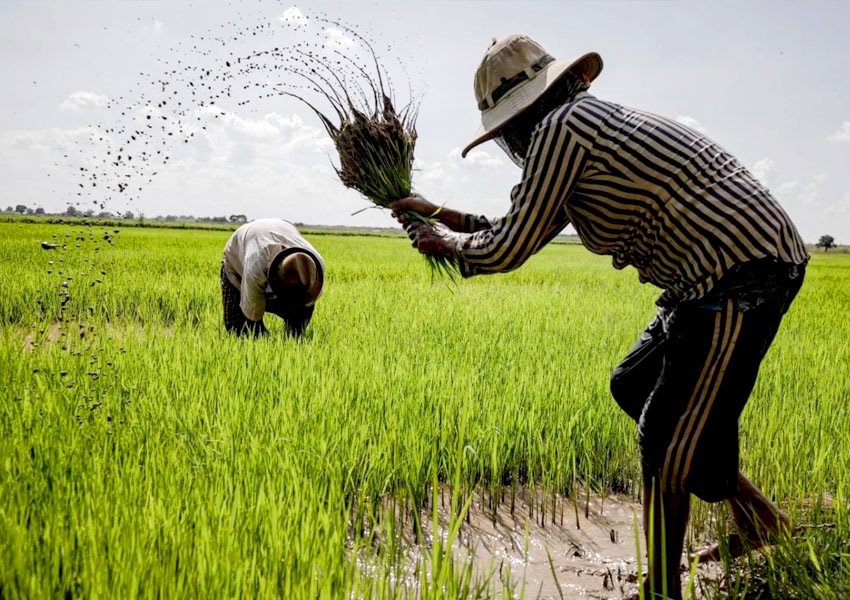
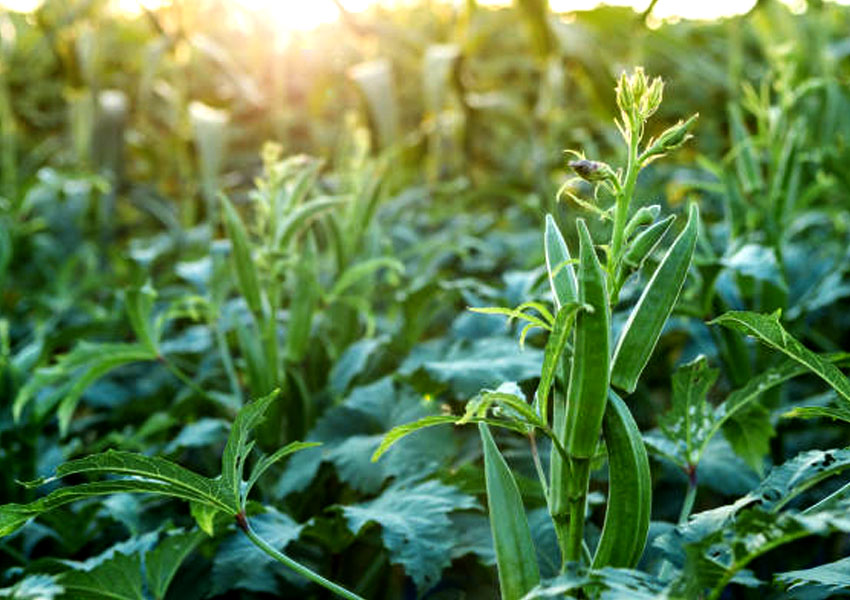
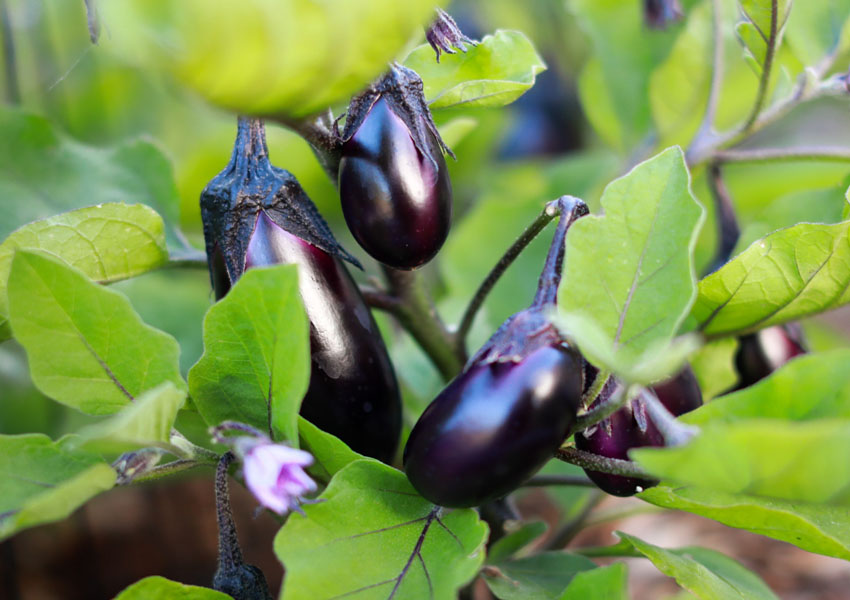
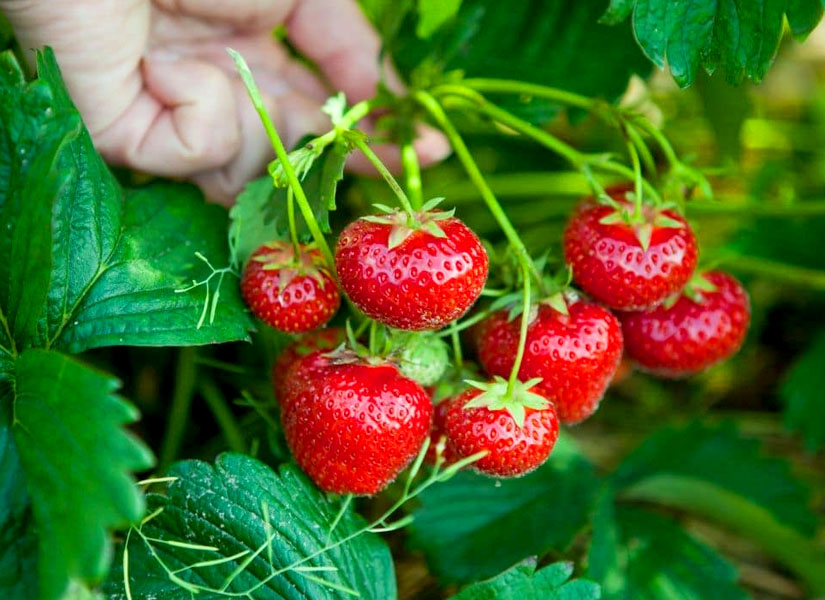
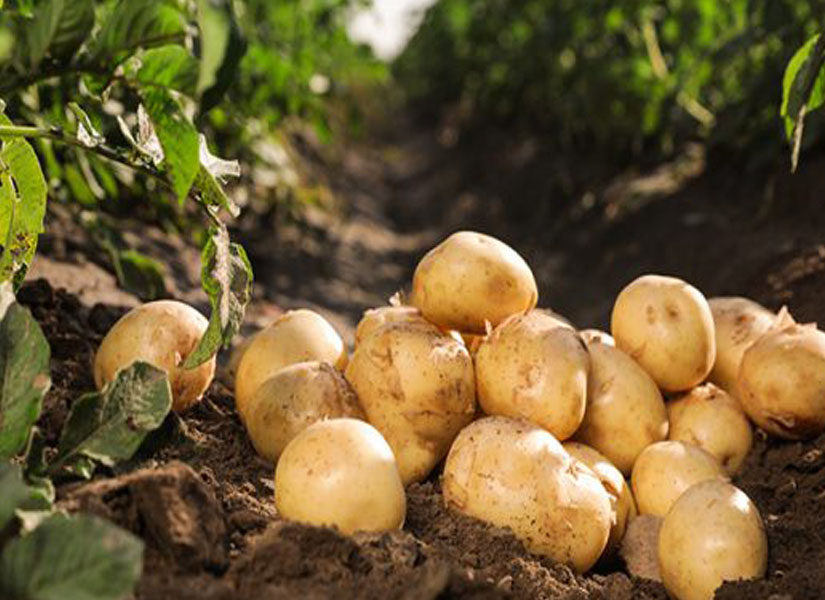
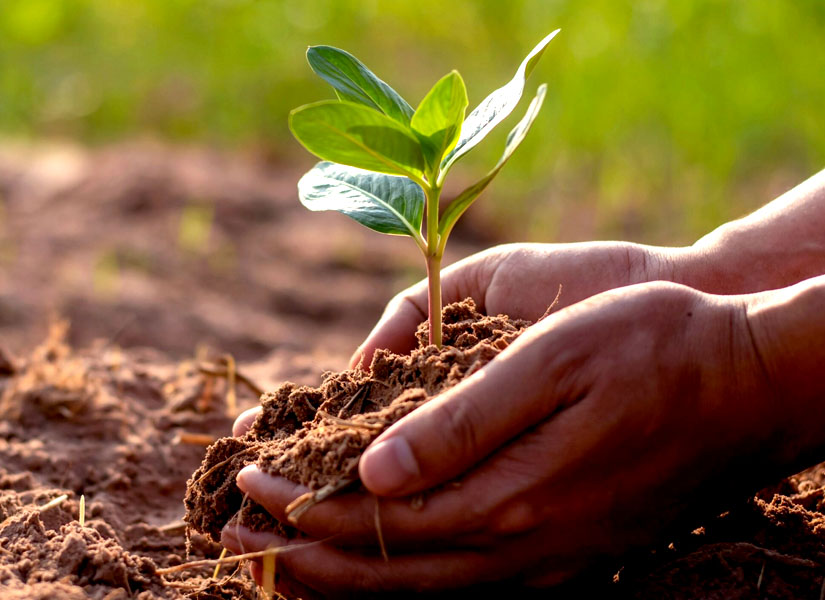
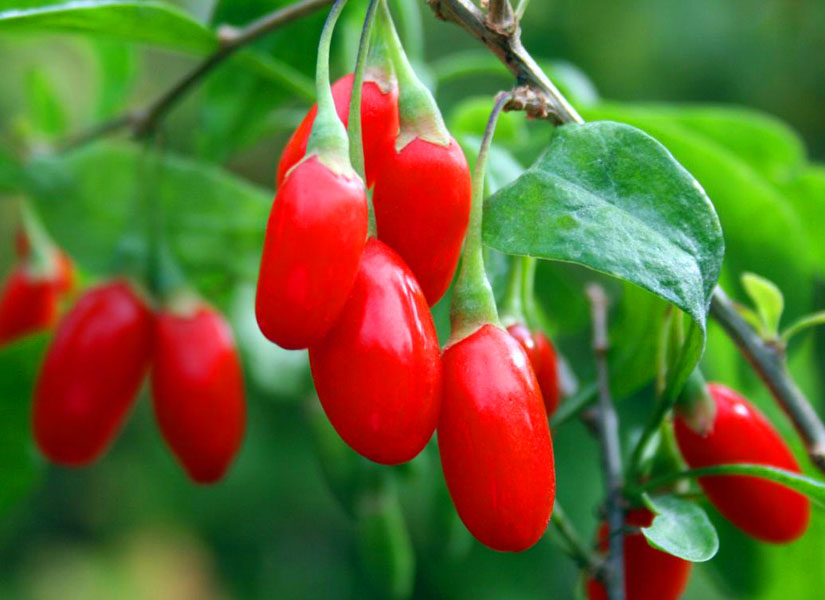
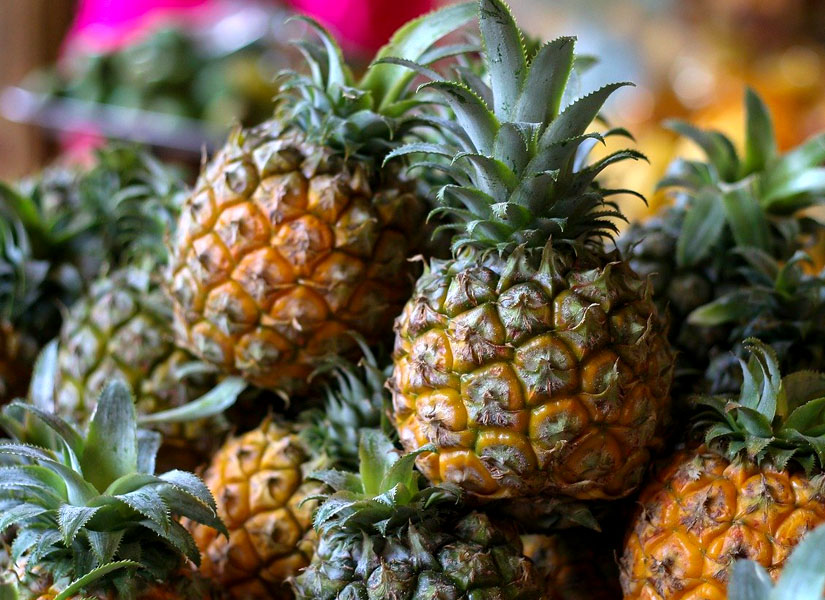
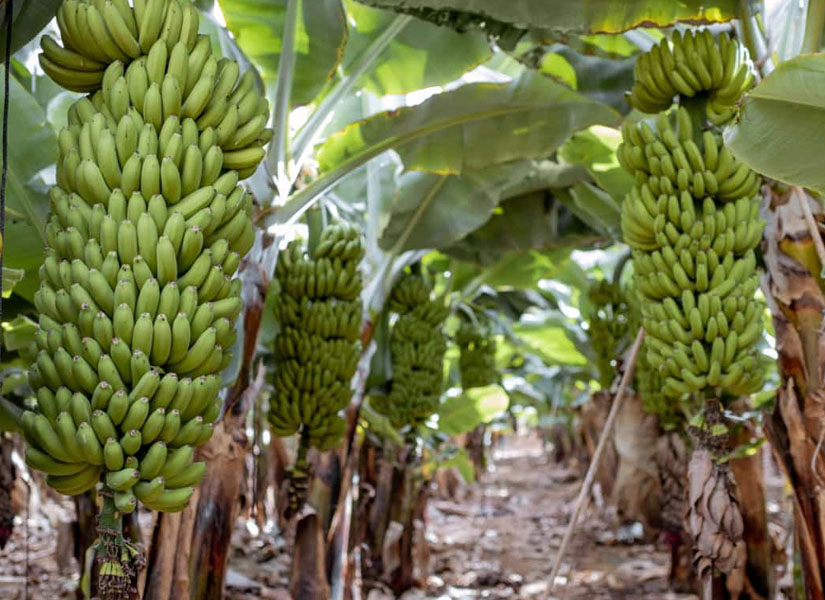
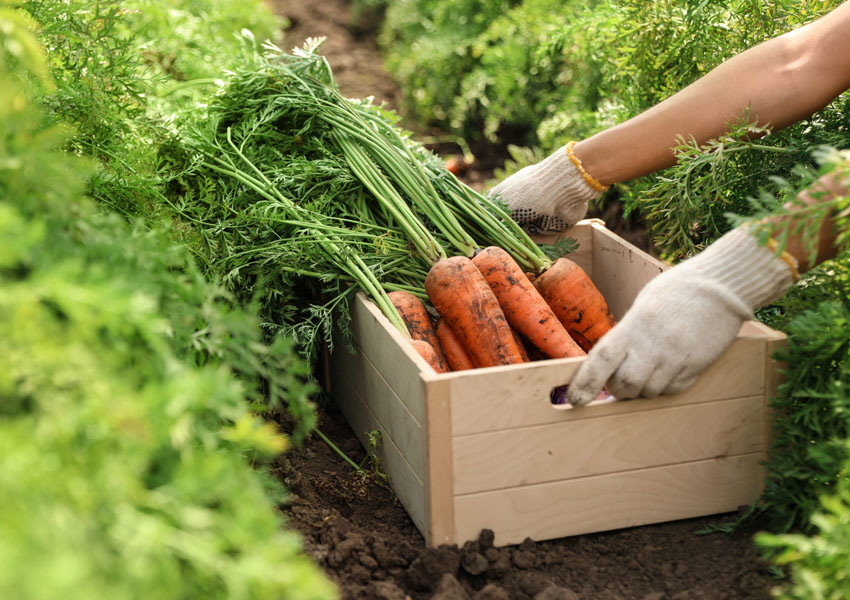
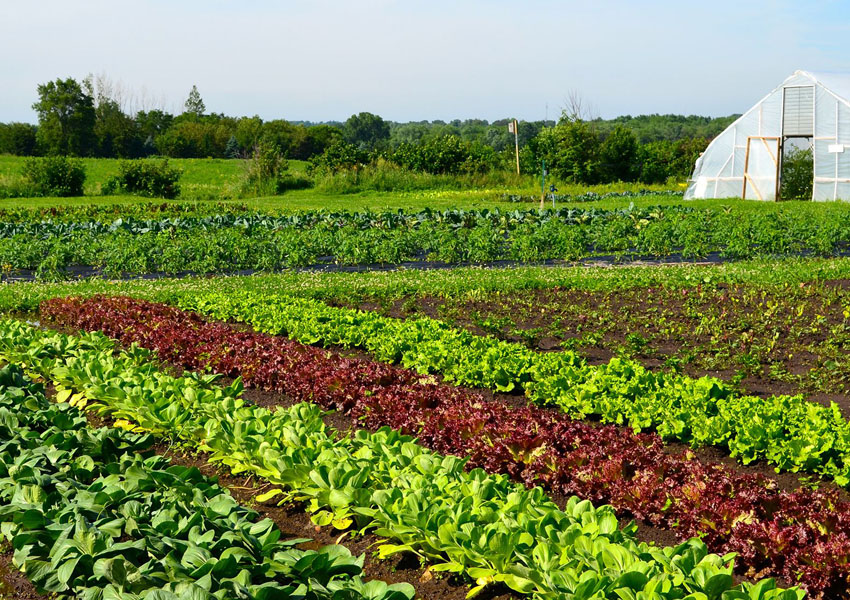
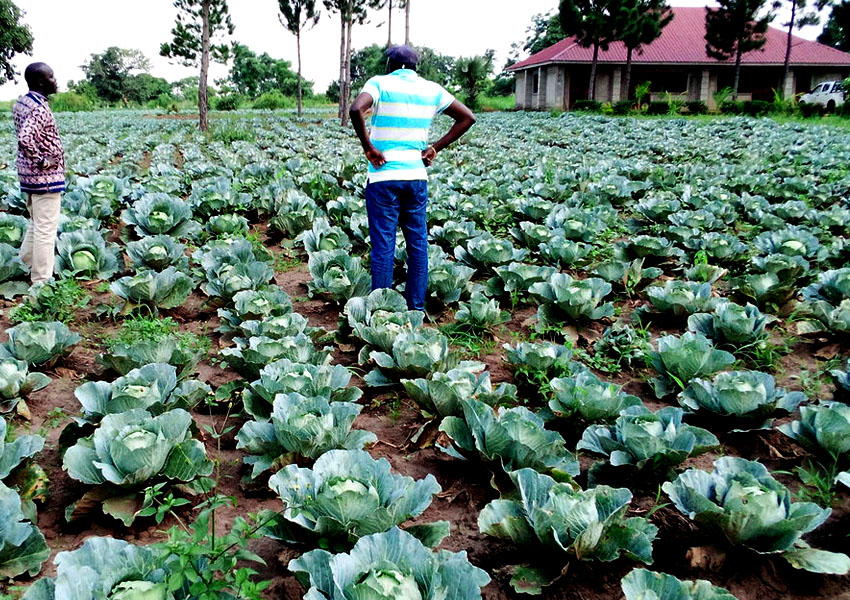
Health Soluction Organic Farmers is led by certified organic farmers and provides a place where the media, elected officials, and regulatory agencies can find the voice of the organic farming community.
Health Soluction Organic Farmers must operate under a structure that allows the full diversity of the organic farming movement (types of products, farm size, farmland ownership, regions, cultures, gender, race and ethnicity) to be clearly heard, without any one segment dominating all others.
We know that by learning and working together we deepen relationships and create a more powerful foundation for achieving shared goals of farmers, organizations, and leaders.